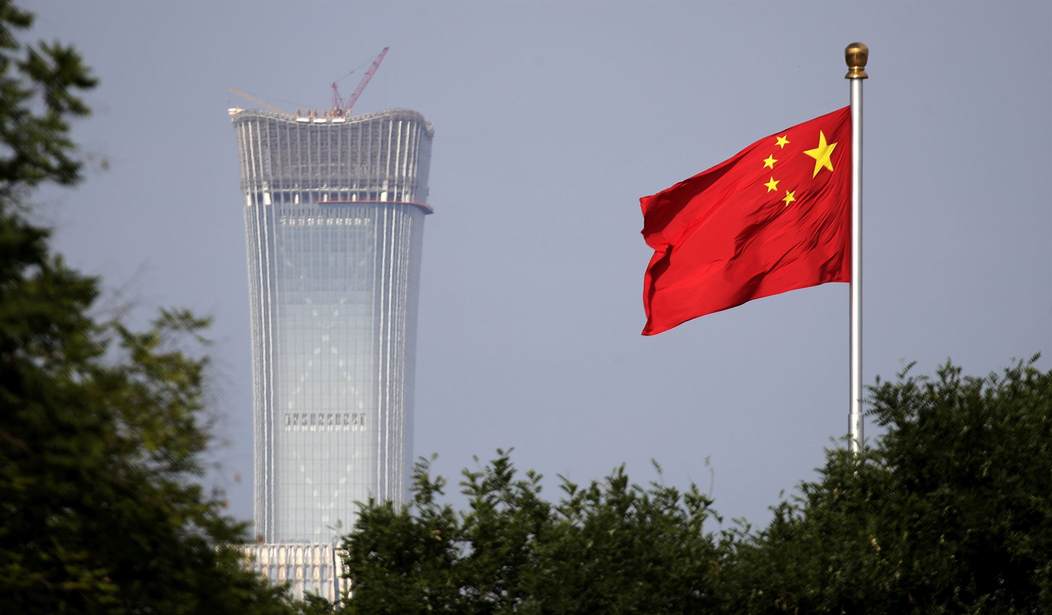Non-failed states that haven’t sold the populations they govern out to foreign interests don’t normally allow outside entities to acquire property within their territories. What good is nominal sovereignty if all of the land, arguably the most precious resource of all, is owned by outside forces?
Thailand, for instance, does not allow foreigners to purchase real estate in the country. Such rights are reserved for Thai nationals.
Should an expat be interested in purchasing property there, as many are, he must find a local Thai (usually his spouse) who will put it in her name. There are other workarounds for this law, of course, but they all involve nominal ownership by majority-Thai legal fictions.
This policy is very inconvenient for expats, and full of pitfalls for them. For example, as I detail in my memoir, “Broken English Teacher: Notes From Exile,” it is not uncommon for a marital split to leave a farang (the term for “white foreigner”) out in the cold with no legal right to a property he poured enormous equity into. I’ve heard firsthand tales of outright, brazen property theft that’ll make your toes curl.
Related: Money Well Spent: Four Things China Got for Their ‘Donations’ to Joe Biden
However, while inconvenient at a minimum for foreign businessmen and expats, it’s a great policy for keeping Thai national assets in the possession of the Thai people.
The United States has no such protection against foreign interests gobbling up real estate. For instance, according to the American Action Forum, “of the 1.3 billion acres of private agricultural land in the United States, foreign entities fully or partially owned roughly 40 million acres valued at $74 billion in 2021.”
Via Forbes:
China owns roughly 384,000 acres of U.S. agricultural land, according to a 2021 report from the Department of Agriculture. Of that, 195,000 acres, worth almost $2 billion when purchased, are owned by 85 Chinese investors, which could be individuals, companies or the government. The other 189,000 acres were worth $235 million when purchased and are owned by 62 U.S. corporations with Chinese shareholders. Chinese agricultural land ownership only increased about 550 acres from 2015 to 2019. Then ownership jumped 30% from 2019 to 2020, from some 247,000 acres to roughly 352,000.
From my perspective, this is total madness.
Two pending pieces of legislation in each chamber of Congress — H.R.513 and S.68 — would place minimal restrictions on foreign ownership of American agricultural assets.
Why do mainstream politicians — from both parties — not make a bigger deal about China owning damn near 400,000 acres of U.S. agricultural land, which the population depends on for sustenance, not to mention all of the other foreign entities with fingers in the American pie?
Total free-market true believers, of course, object to any state limits on investment by foreign entities. Adam Smith, although he advocated for protectionism in very limited circumstances to prop up a budding industry, would almost surely have come down on the side of unhindered flow of foreign investment in American farmland.
The Cato Institute, the embodiment of this ethos, which is nominally on the right but in fact functions as a propaganda outlet for multinational corporations, claims that “fears of Chinese ownership of American farmland are overblown.”

